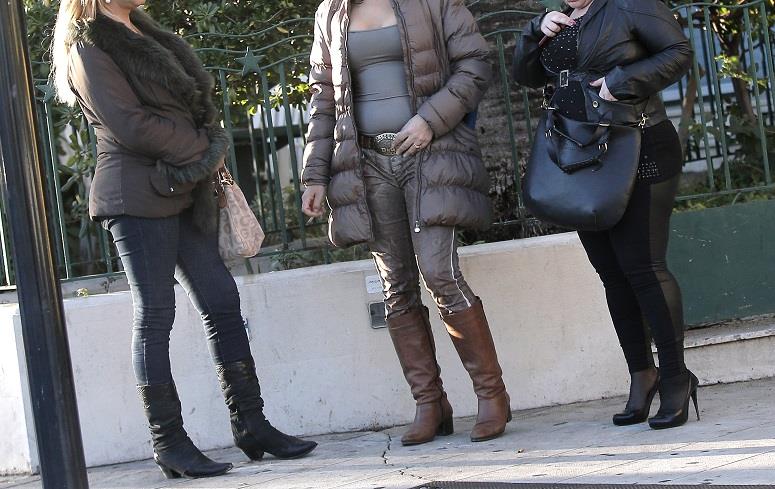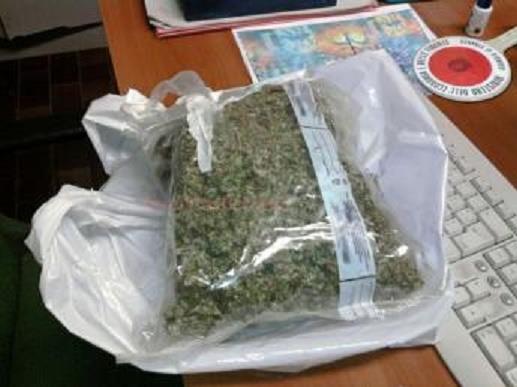The Association of Law Students (GhSL) has said that prostitution in Malta should be legalised and regulated. The issue has been discussed ad nauseam however so far, no action has been taken to make legislation less ambiguous.
GhSL published a 20-page policy statement clarifying the current legislation, the opinion of a number of professionals and the standpoint of the association itself.
The legislation on prostitution in Malta is unclear with no definition but the criminal code states that it is illegal to live off earnings made from prostitution, and that it is illegal to force, deceive or manipulate someone into prostitution. If a rented place is used for prostitution purposes, the court may order the automatic termination of rent. In addition, the code states that loitering and soliciting is regarded as illegal. Needless to say, it is illegal to force minors into prostitution or to engage into any sexual activity.
In its policy paper, the association included the opinion of a number of professionals, asking them whether prostitution should be legalised or regulated and how it should be done.

Workers and clients should engage in prostitution without fear of prosecution
In his comments, Dr John Mifsud, a psychiatrist and couple and sex therapist, insisted that prostitution should be legalised, mostly to safeguard the health of those involved and to allow the workers and clients to engage in the act without fear of prosecution.
The psychiatrist does not agree that prostitution should be regularised, with sex workers having licenses and operating from licenced premises. In this way, authorities can regulate health and safety requirements and ensure that no one has been forced to work in the industry.

Prostitution and gentlemen’s clubs should be completely banned – Women’s groups
But the standpoint of the women’s groups in Malta is on the extreme end, saying that prostitution as well as gentlemen’s clubs should be banned because they are sending out the wrong message about women. Lorraine Spiteri, Chairperson for the Confederation of Women’s Organisations said that the purchase of sex should be criminalised, adding that prostitutes should not be prosecuted, but offered alternatives to exit this system. On gentlemen’s clubs, Ms Spiteri said that such businesses ‘glamorize the exploitation and objectification of women for money’ and should therefore be completely abolished. That however, is unlikely to happen.

Prostitution and drug abuse
The association points out the link between substance misuse and prostitution. Dr Anne Vella, a doctor specialised in public health, explains that women who become highly dependent on drugs may use prostitution as a source of money. Dr Vella says that it is unlikely that legalising or regulating prostitution will be of benefit for the sex worker.
“Legislation that legalizes prostitution is legislation that legalizes abuse of the most vulnerable,” she told GhSL. “The law speaks against loitering, thus punishing the most vulnerable. People resorting to prostitution should be helped into getting better employment and not punished for loitering. Nobody prostitutes him/herself without having previous abuse, usually sexual abuse. The broken inner self needs first be healed.”

Legislation should leave no room for interpretation
The law students’ association said that “the issue of prostitution in Malta should leave no room for interpretation, since it has always been relatively unregulated and specific legislation regulating it should be enacted to ensure certainty.”
GhSL believes that prostitution should be made subject to employment laws, regulations, as well as taxation laws, allowing government to gather revenue from taxation.
The association suggested that prostitutes operate with a license, allowing authorities to monitor the sector and ensuring participants are regularly checked up at health clinics. The provision and use of contraceptives should be made mandatory.
Approaches to prostitution around the world
Prostitution is legal in 49 out of 100 countries. This includes Austria, Belgium, Netherlands, Greece, France, Poland, Italy and United Kingdom. It is illegal in Jordan, Korea, South Africa and Afghanistan. Iceland, United States, Sweden and Spain have limited legislation on prostitution.
Approaches to criminalised prostitution can be divided into two – the prohibitionist and abolitionists approach. In the former, all forms s of prostitution are unacceptable and therefore illegal. In the latter, the purchase of sex is legal but related activities, such as soliciting, brothel keeping, and procurement are not. How prostitution can be carried out without contravening one law or another remains debatable.
In 1999, after years of research and study, Sweden passed legislation that criminalizes the buying of sex, and decriminalizes the selling of sex. In other words, it is not illegal to be a prostitute but paying a prostitute for sex is. The model, termed as The Nordic Model, had two main goals - to curb the demand for commercial sex that fuels sex trafficking, and promote equality between men and women.
Since the act was implemented, prostitution and human trafficking have declined dramatically, with ministerial reports stating that prostitution across the country has gone down by half. The cost of purchasing sex in the country is the highest in Europe.